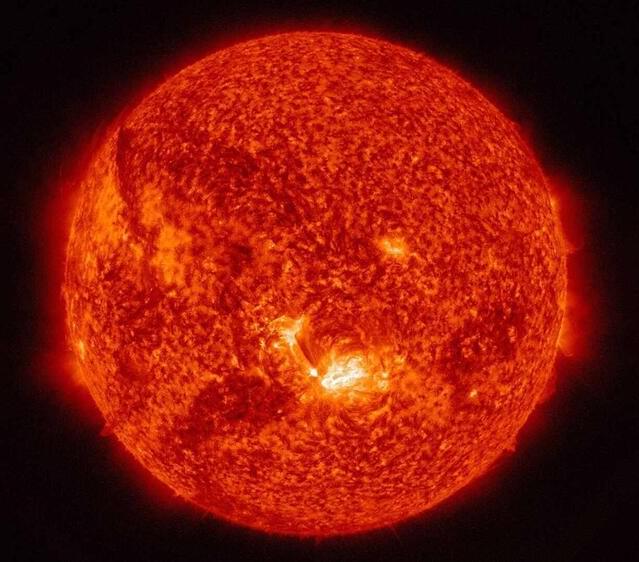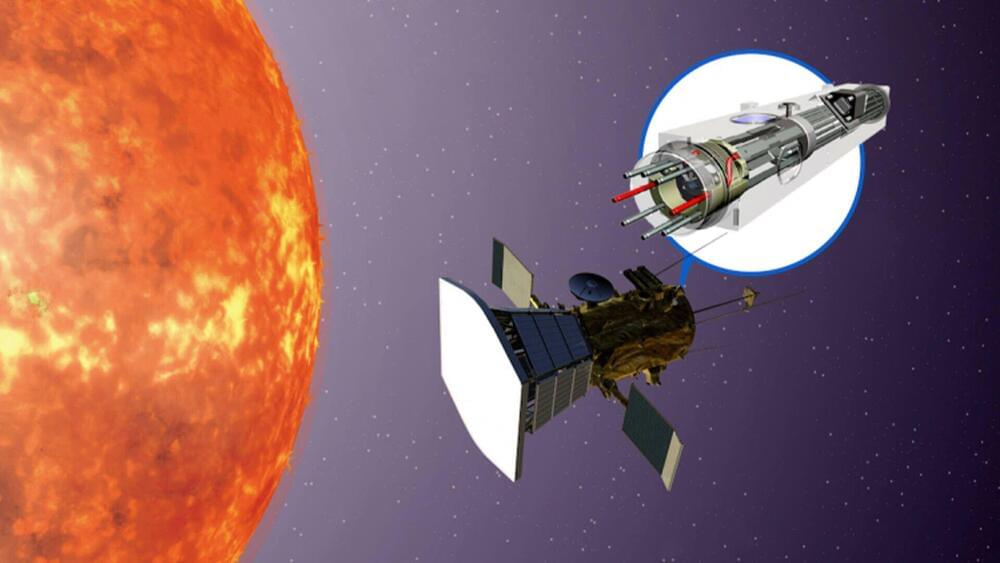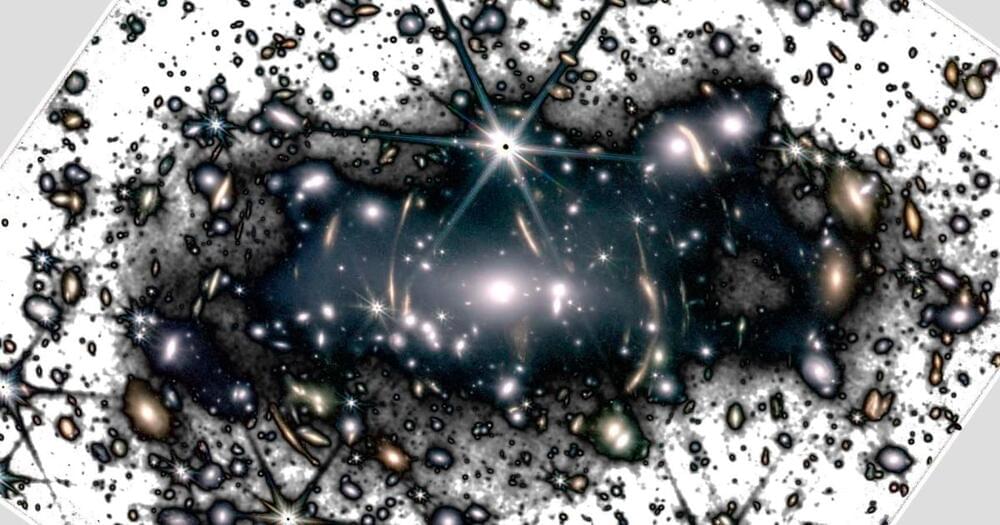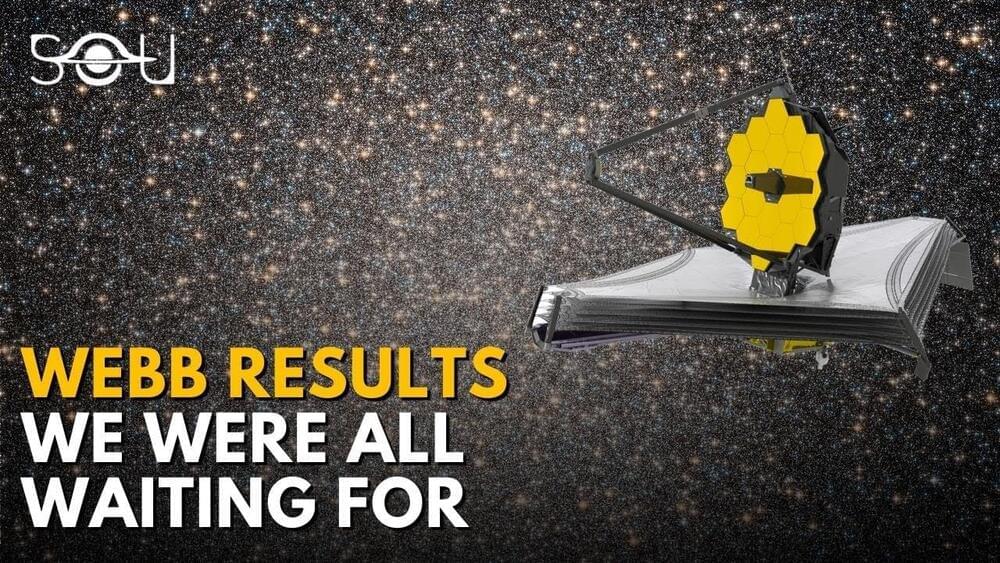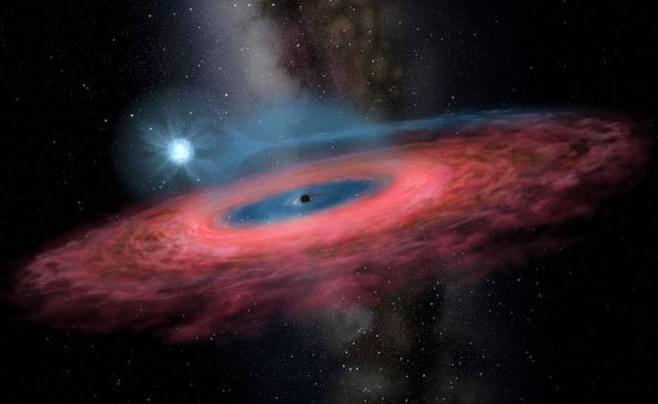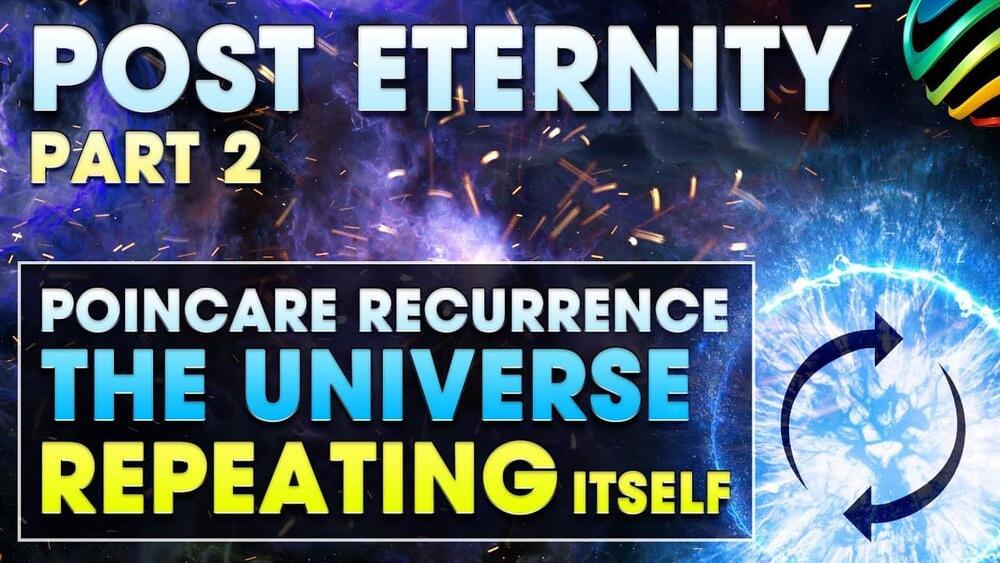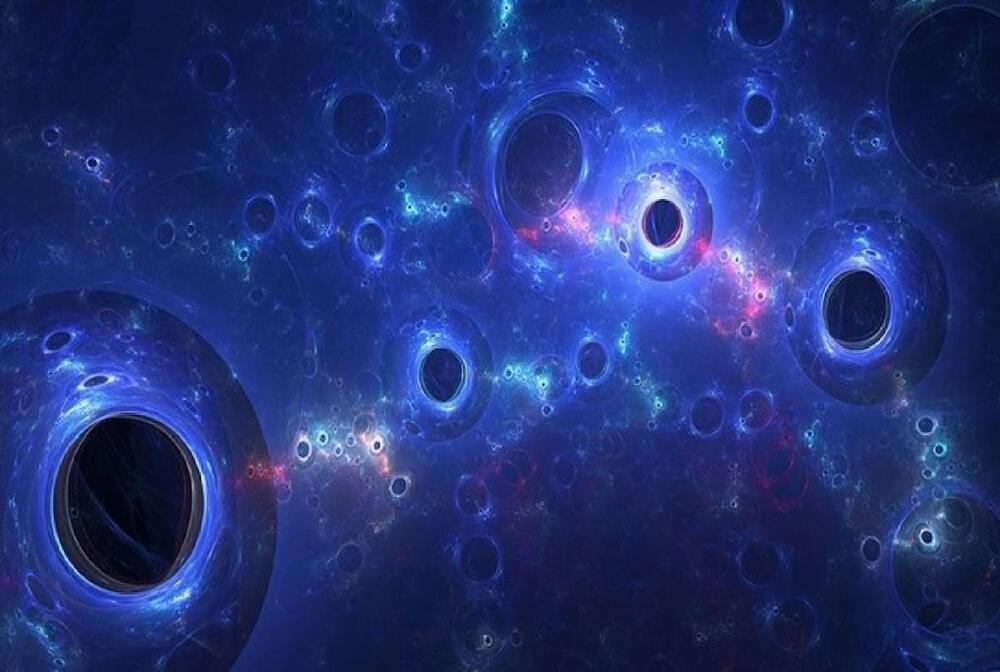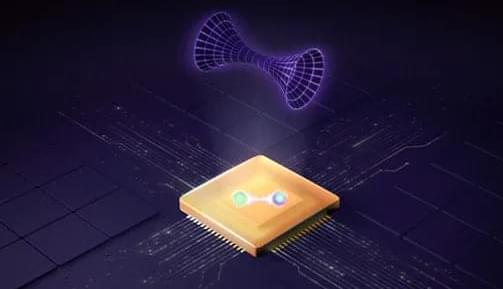The effects of solar activity are predicted to reach the Earth’s atmosphere by December 8.
The earth is all set to experience another set of solar flares, which is estimated to reach our atmosphere by December 8. After a relatively calmer period of solar activity, we are about to experience a high-velocity gush of solar winds and minor geomagnetic storms. The intensity of the storm expected is classified as G1, the least intense solar storm.
Images taken of the sun on December 4 by Eduardo Schaberger Poupeau, an astrophotographer, revealed five significant sunspots and two filaments of magnetism facing Earth.
NASA/SDO
According to NASA, a solar flare is described as an “intense burst of radiation coming from the release of magnetic energy associated with sunspots.” It is considered to be the largest explosive event in our solar system. “They are seen as bright areas in the sun and they can last from minutes to hours.”
